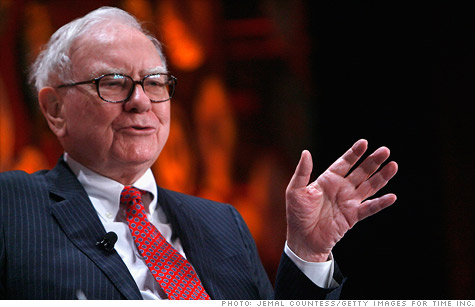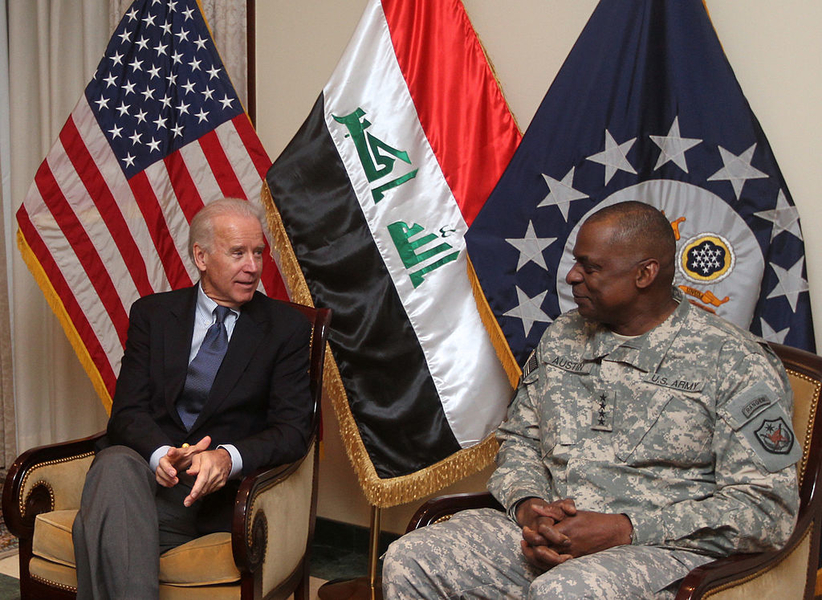Ambitious entrepreneurs, investors, and industry magnates often spend their entire careers amassing huge amounts of wealth that they could never spend in a thousand years. According to Forbes’ annual list of the world’s richest people, as of 2014 there are 1,645 billionaires with a combined net worth that totals roughly $6.4 trillion. When you’re a billionaire, there are few luxuries that you can’t afford, but apart from the odd private jet or beachside mansion, how are some of the world’s most well-off spending their hard earned cash? Some of those who frequently top the Forbes rich list – like Bill Gates and Warren Buffet – have nobly chosen to use their extensive resources to help those less fortunate, and their efforts have influenced more and more elites to do the same.

While private philanthropic organizations such as the Ford Foundation and the Rockefeller Foundation have existed for decades, the nature of philanthropy has shifted in the last two decades due to two reasons, writes John Henley of the Guardian. First, there has been a massive increase in personal wealth since the 1990s, meaning there is more money for individuals to give. Second, there has been a shift in the way wealthy individuals have earned their fortunes, with many more being self-made and fewer receiving their wealth through inheritance. These trends emerged in the late 1990s in concert with the dotcom boom and the internet revolution in Silicon Valley, and as a result a number of new philanthropic foundations have been established in the last two decades.
When it comes to philanthropy, of all the various foundations that have been established in recent years, the Bill and Melinda Gates Foundation is in a league of its own. Beginning in its early stages in the late 1990s and fully established in 2000, it has since grown to become the largest foundation in the US, employing nearly 1,200 employees, supporting projects in over 100 countries, and paying out almost $30 billion in grants since the foundation’s inception. The Gates Foundation’s initiatives are broken down into three main divisions: Global Health, which works to provide vaccines and medical services to developing countries and also invests in new health initiatives in the hopes of developing vaccines for some of the world’s deadliest diseases; Global Development, which funds various projects to improve education, sanitation, shelter, and food and water security in Third-World nations to reduce poverty; and the US Program, which focuses on providing underprivileged American students with the opportunity to pursue post-secondary education. The Gates truly embody the new philanthropist mentality, combining their passion for social action with their smart and savvy business skills to not only provide immediate relief for some of world’s poorest and most deprived people, but to find solutions to the grander problems by financing innovation and research projects.

Buffett and the Gates might be seen as the flag bearers of new philanthropy due to their personal contributions towards bettering global human society, but arguably their greatest philanthropic achievement is not the work they have done themselves but their success in influencing many other wealthy individuals to donate their money. Of course, the Gates and Buffett are not the only socially conscious people who also happen to be extremely wealthy, and the two have teamed up with other billionaires to advance the idea of new philanthropy. Beginning in 2009, Gates and Buffett launched the Giving Pledge, a campaign to persuade billionaires to give half of their fortunes to charity throughout their lifetime. As of December, 2013, the Pledge had 112 signatories who combined have promised to contribute over half a trillion dollars to philanthropic initiatives.
Much of the recent discussion surrounding the so-called “super rich” has been highly critical and the wealthy have often been characterized as greedy and selfish. However, the new philanthropists are showing the world that the 1% is not a monolithic group, as some of the world’s most affluent individuals are using their immense wealth to improve the lives of millions of people around the globe. As well, with new philanthropy being a relatively recent development and the money contributed by new philanthropists only just beginning to show returns, there is much to be optimistic about. If recent trends continue, contributions from the global elite could effectively help to solve major humanitarian challenges that governments have thus far been incapable of remedying.




